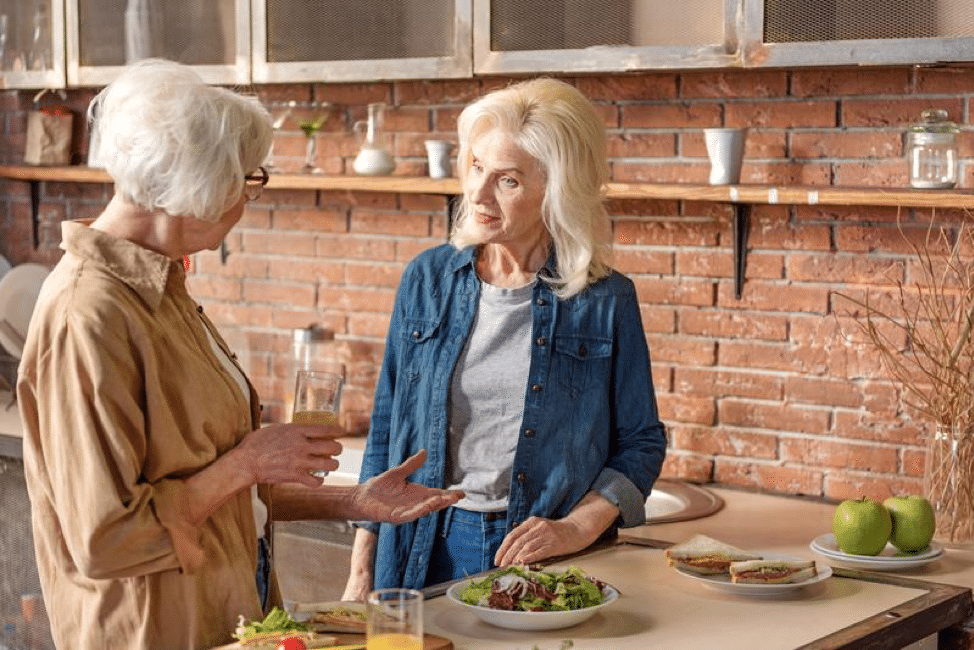Why You Should Pay Special Attention to Eating a Healthy Diet as You Age
As you grow older, your body’s metabolism and other systems change. This means that your nutritional needs change as well, making it even more important to maintain a healthy diet as you age.
This can be a difficult feat for some elders and their caregivers, and it is wise to seek medical advice for any problems that affect eating. There are a number of reasons maintaining a healthy diet becomes even more vital for seniors.
It Gets Harder
Many older individuals discover that it gets harder for them to maintain a healthy diet as the years go on. Some seniors begin to experience difficulties, such as issues with mobility, that can impact their eating habits and make it more difficult to get the nutrients necessary for good physical and mental health.
Seniors often experience lower energy levels as well, and this lack of energy can make it more difficult for them to get to a grocery store and to cook healthy meals on a regular basis.
Other problems like dental issues, swallowing difficulties, lack of appetite, hand shakiness, and more can play a role in an elder not getting the proper nutrients in his or her diet.
Younger relatives of aging family members in care facilities should watch for warning signs that they aren’t getting the proper nutrition.
It Sharpens Your Mind
Maintaining a healthy diet as you age can keep your mind sharp. Medical scientists and Registered Dietitian Nutritionists (RDN) recommend that seniors eat more foods rich in omega-3 and beneficial antioxidants. These nutrients are linked to better mental clarity, and they might help prevent some forms of mental deficits like Alzheimer’s disease and forgetfulness.
Certain fish types, flaxseed oil, avocados, walnuts, and darker green leafy vegetables like kale, spinach, and mustard greens all naturally contain brain-benefiting omega-3 essential fatty acids.
It Increases Your Physical Health
As nutrition quality of meals increase, individuals can expect to have more energy, report fewer physical problems, become more likely to fight off illnesses and live longer. Bones are likely to be stronger and less prone to severe breakage if they fall. As one of the only nutrition clinics in Houston with the capability to measure bone density and risk for bone disease, we are able to demonstrate how diet affects bone health over time. Reflexes and coordination are likely to be better, making falls themselves less likely.
Seniors and their caretakers should monitor their health and dietary needs to ensure that they stay in the best of health.
Families and caretakers of seniors should report any signs of appetite problems, encourage socialization, and assist with grocery shopping or meal planning if needed. Inviting older family members to dinner and connecting them with community nutrition resources can also help. For best results, pair quality nutrition with regular physical activity.
Ready to change your life for the better? Schedule a nutrition consultation today!




